Fish is a remarkably useful ingredient, whether you eat it as is or use fish sauce to give your recipes extra depth and flavor. However, if you enjoy a glass of Guinness on occasion, you might be surprised to know that there's most likely fish in that beverage, too.
Isinglass, usually made from the bladders of sturgeon or other fish, is basically gelatin. It's used in a process called "fining" in many cask-made beers to extract excess yeast and proteins in order to clarify the beverages. According to Guinness, it's pretty much the most effective fining agent they have available, although they do keep an eye out for viable replacements.

A beer maker holds a dried swim bladder, aka isinglass.
Isinglass was actually a very common ingredient in pre-Industrial Revolution cooking. In old-timey recipes like mock eggs, jaunemange, and yellow flummery, isinglass was used much the same way as modern-day gelatin (usually derived from the tendons and ligaments of pigs and cows) is today: to thicken or solidify foods.

A fresh swim bladder 20-25 mm long from a small fish.
Home brewers of wine or beer can currently use isinglass to help clarify their potent potables, since there are pre-treated forms of the stuff available on the market, including both freeze-dried and liquid.

A dried swim bladder (aka fish maw) display in a Melaka shopping mall.
If you know people who want perfect clarity in their home-brewed beer but don't want to use animal byproducts, they can use Irish moss, which is a type of seaweed.

Irish moss, aka Chondus chrispus, in its natural habitat.
Most modern cooks have no need to use isinglass, since it's easy enough to buy packets of gelatin. If you want vegetarian versions of gelatin, you can use seaweed-derived agar agar much the same way you use gelatin.
And if you've got any strict vegetarian or vegan friends, do them a favor the next time you all go out for a drink and warn them that there might be fish in their beer. Most of the isinglass is left at the bottom of the casks, so there might not actually be any in it except possible minute quantities, but it's still something they're going to want to know about.
Weird Ingredients Are the Spice of Life
Wonderfully weird ingredients make cooking so much fun. Corn smut may sound bad, but it tastes delicious. This ancient grain with a funny name might be the perfect replacement for rice or pasta. Isn't it time you bit into black sapote, the fruit that tastes like chocolate?
Cover image via 21Food







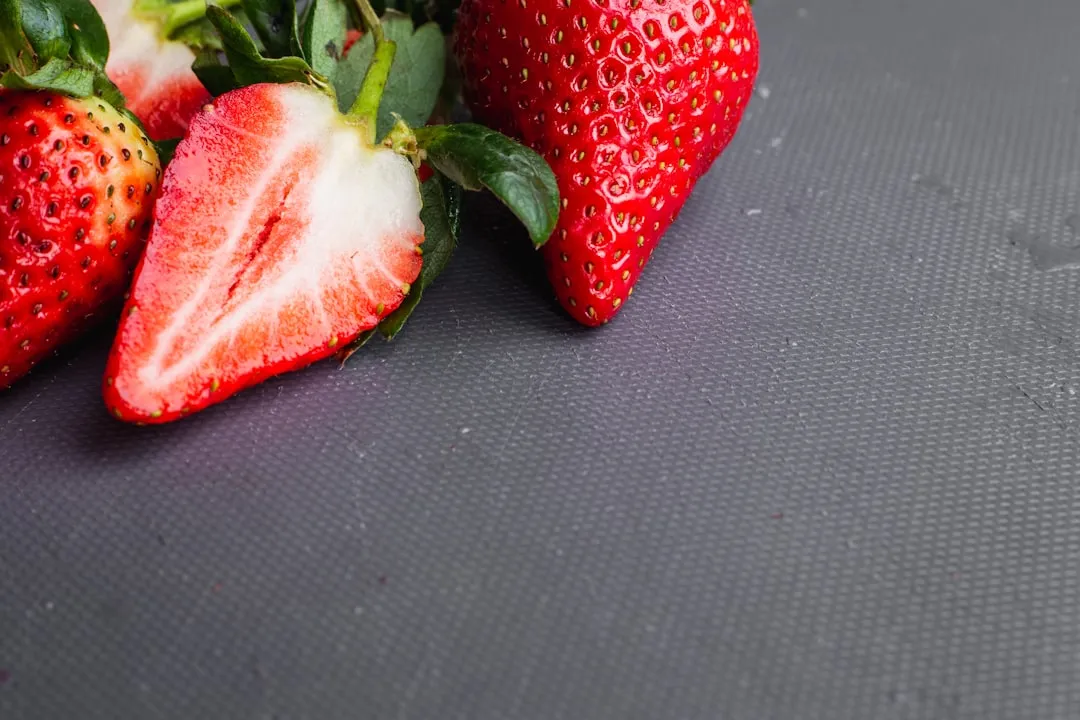






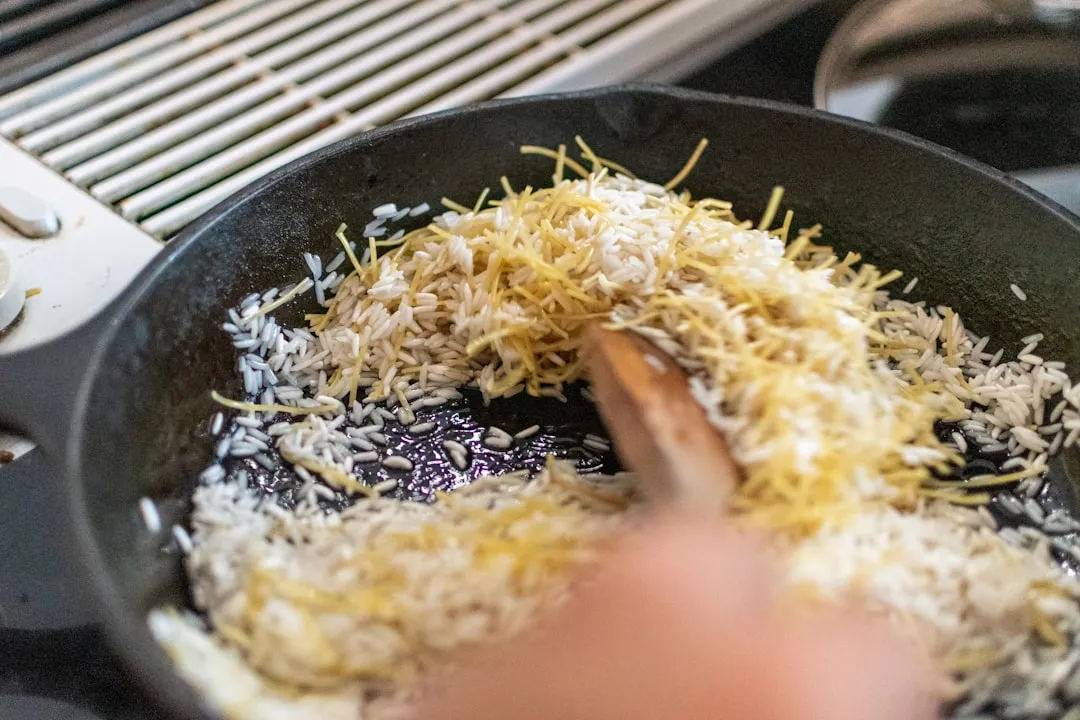


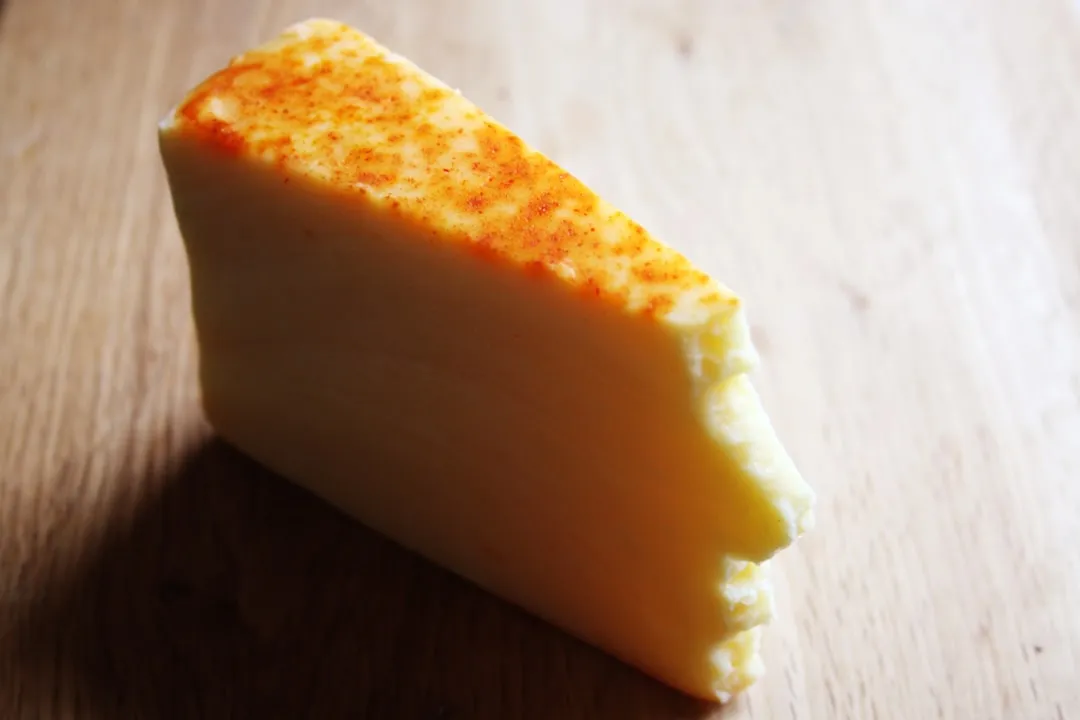
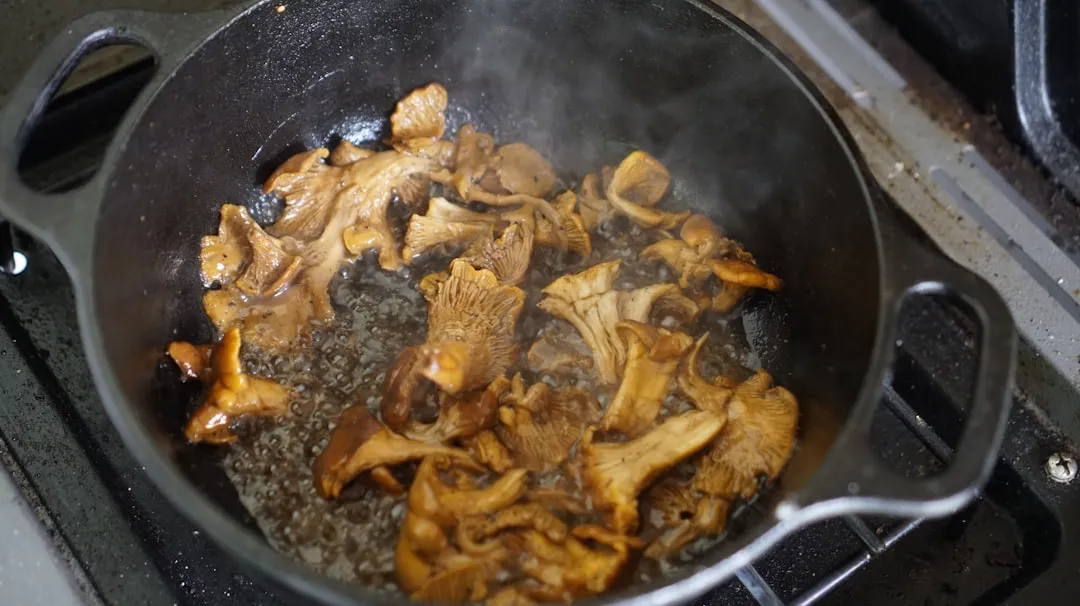
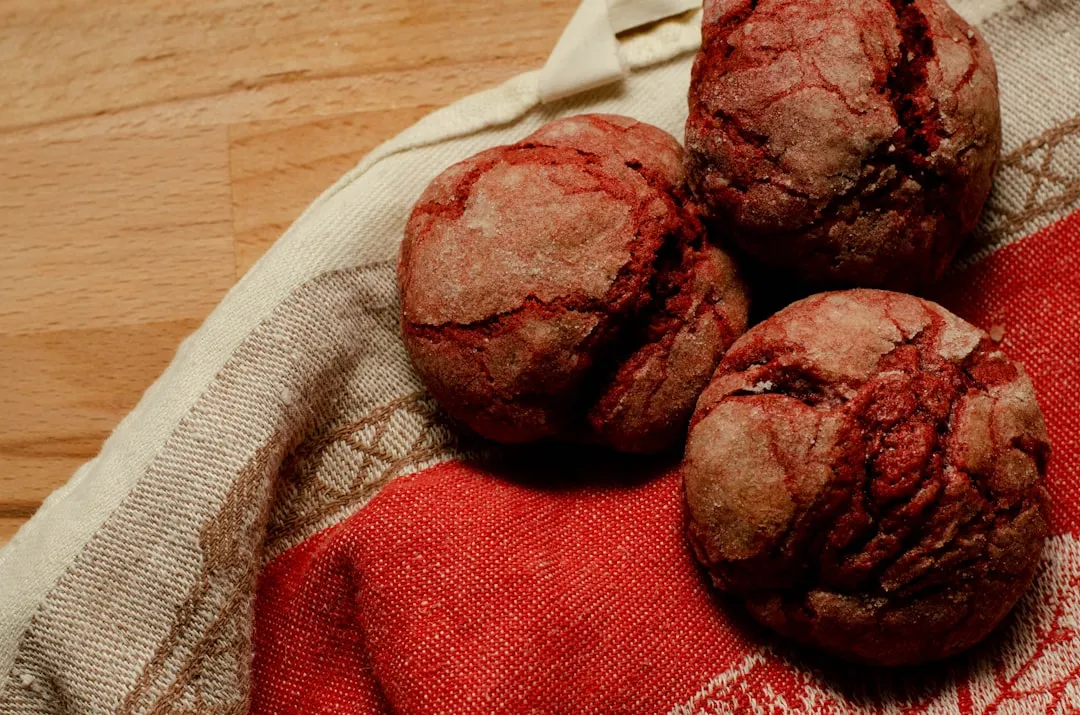
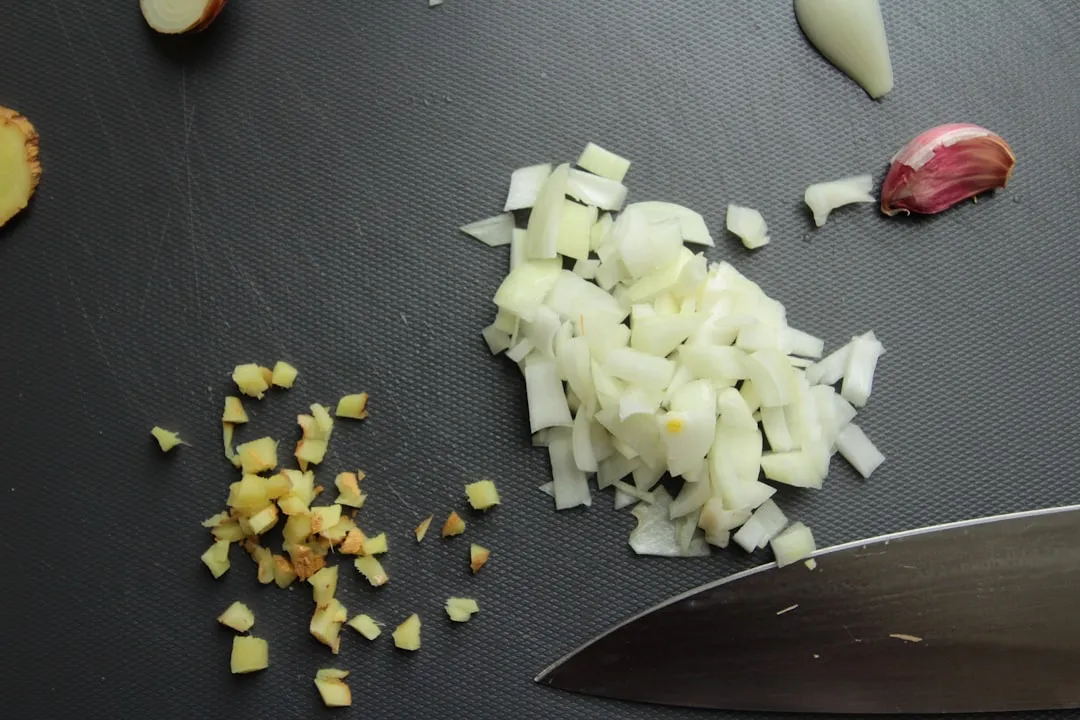



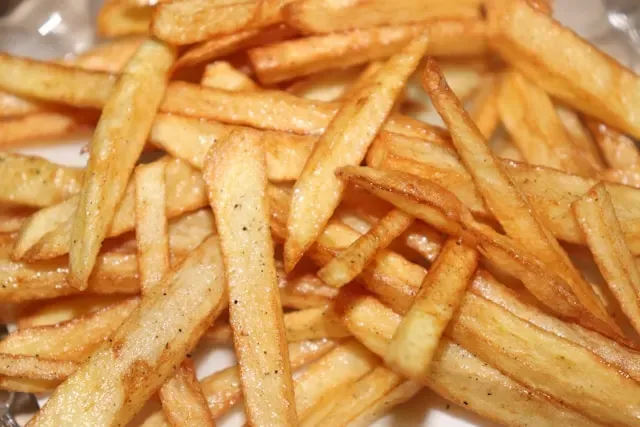
Comments
Be the first, drop a comment!